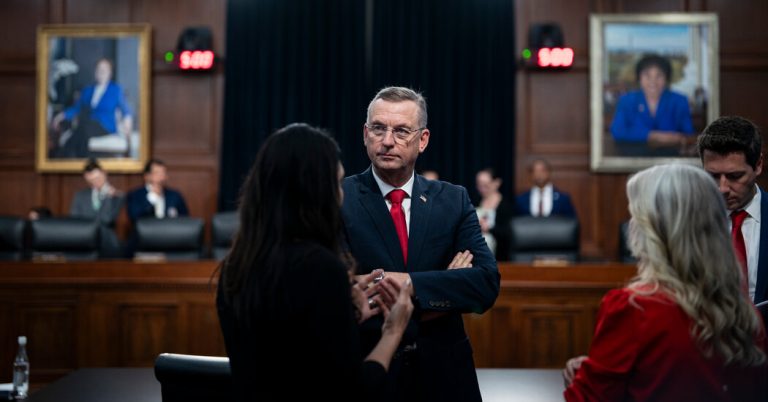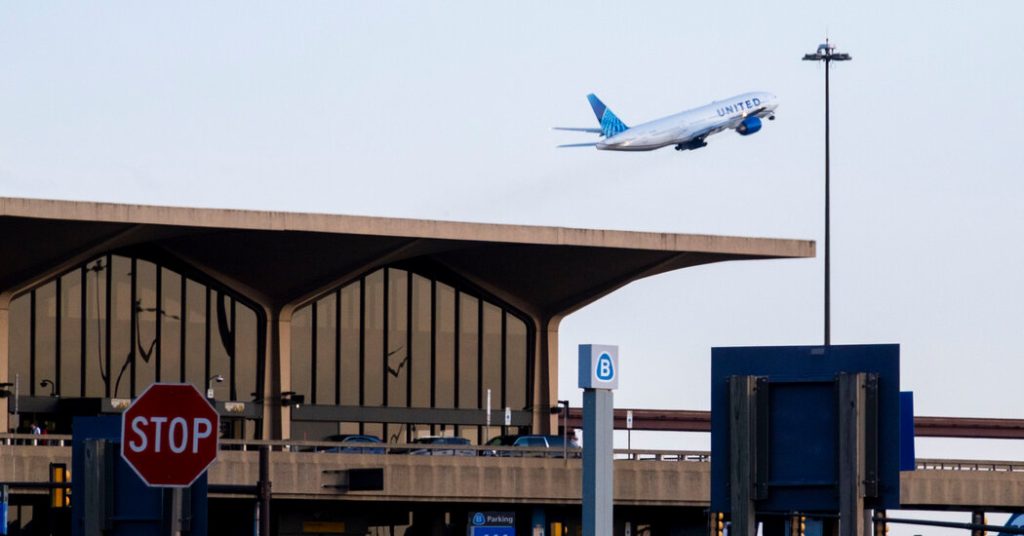It has been more than 60 days since Israel ordered a halt to all humanitarian aid entering Gaza — no food, fuel or even medicine.
As the phone calls pour in, Muneer Alboursh, the director general of Gaza’s health ministry, is running out of answers.
The longer Israel’s total siege of the enclave grinds on, the more doctors call to ask where they can find medicine to keep patients alive. Some patients call him up themselves — people with treatable heart problems or kidney failure — to ask: If there is no medicine, what else can they try?
“There’s no advice I can give them,” he said. “In most cases, those patients die.”
Israel says it will not relent until Hamas releases the hostages it still holds after a two-month cease-fire collapsed in March. It has argued that its blockade is lawful, and that Gaza still has enough available provisions.
But humanitarian groups and European officials accuse Israel of using aid as a “political tool” — and warn that the total blockade violates international law.
The severity of the siege means it now affects nearly every part of the lives of the roughly two million people trapped inside Gaza, compounding the struggles of a population that has lived for nearly two decades under the partial blockade imposed by Israel and backed by Egypt after Hamas seized control of the enclave in 2007.






